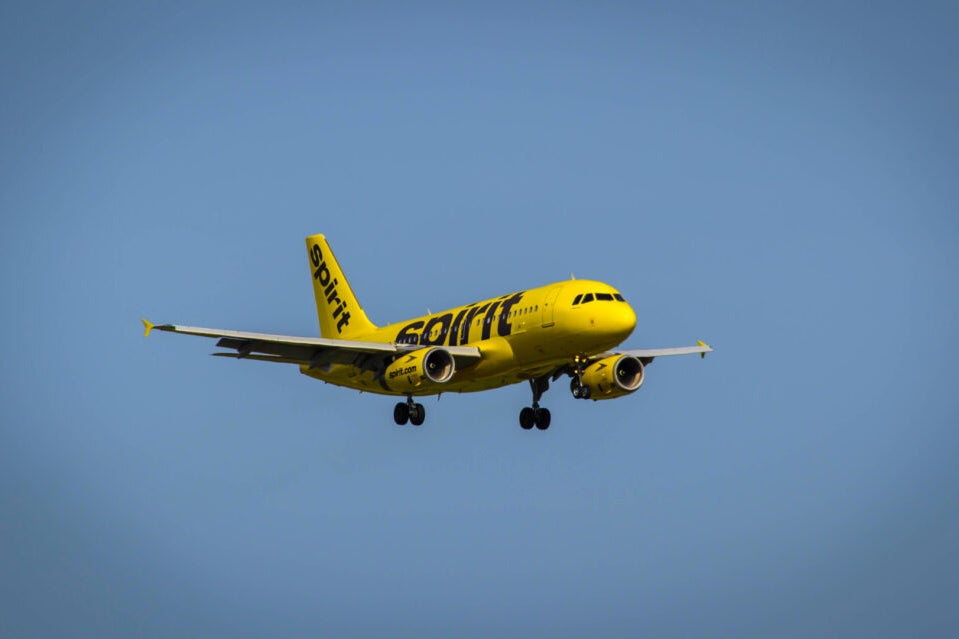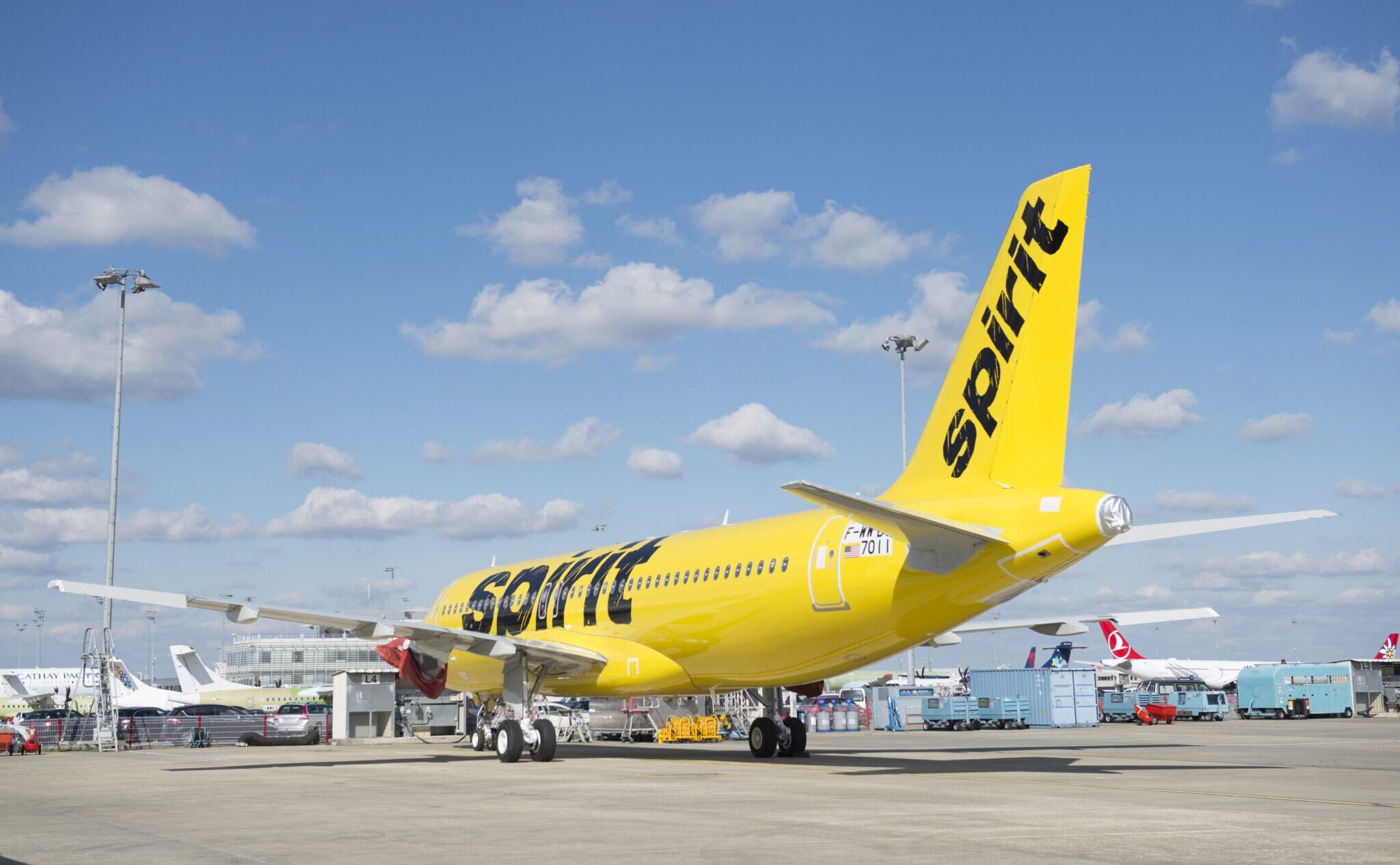
Spirit Airlines, a leading ultra-low-cost carrier in the United States, announced lower than expected revenue for the second quarter of 2024. The company now projects total revenue to be approximately $1.28 billion, down from earlier estimates of between $1.32 billion and $1.34 billion.
The decrease in revenue is primarily due to underperformance in non-ticket sales, which include ancillary services such as baggage fees and seat selection fees. Spirit Airlines attributed this underperformance to incremental pressure on ancillary pricing caused by changes in the competitive marketplace.
Competitive pressures have been a significant challenge for Spirit Airlines and other ultra-low-cost carriers in recent months. Following the lead of Frontier Airlines, Spirit recently dropped most change and cancellation fees, hinting at potential changes to its business model. However, details on these changes have not yet been disclosed.
Spirit Airlines also faces other challenges including an oversupplied U.S. domestic market and engine recall issues from supplier Pratt & Whitney that have grounded dozens of aircraft.
Despite these challenges, Spirit Airlines remains committed to driving improvement in total revenue per passenger segment over time. The company is currently in the process of restructuring its debt and expects to receive around $200 million from Pratt & Whitney for engine issues that have forced it to ground several aircraft.
The lower than expected revenue for Spirit Airlines comes as the airline industry as a whole faces significant challenges. The Skift Travel 200, an index that tracks the financial performance of nearly 200 travel companies worth more than a trillion dollars, has seen mixed results in 2024. Some companies have reported strong revenue growth while others have struggled to turn a profit.



